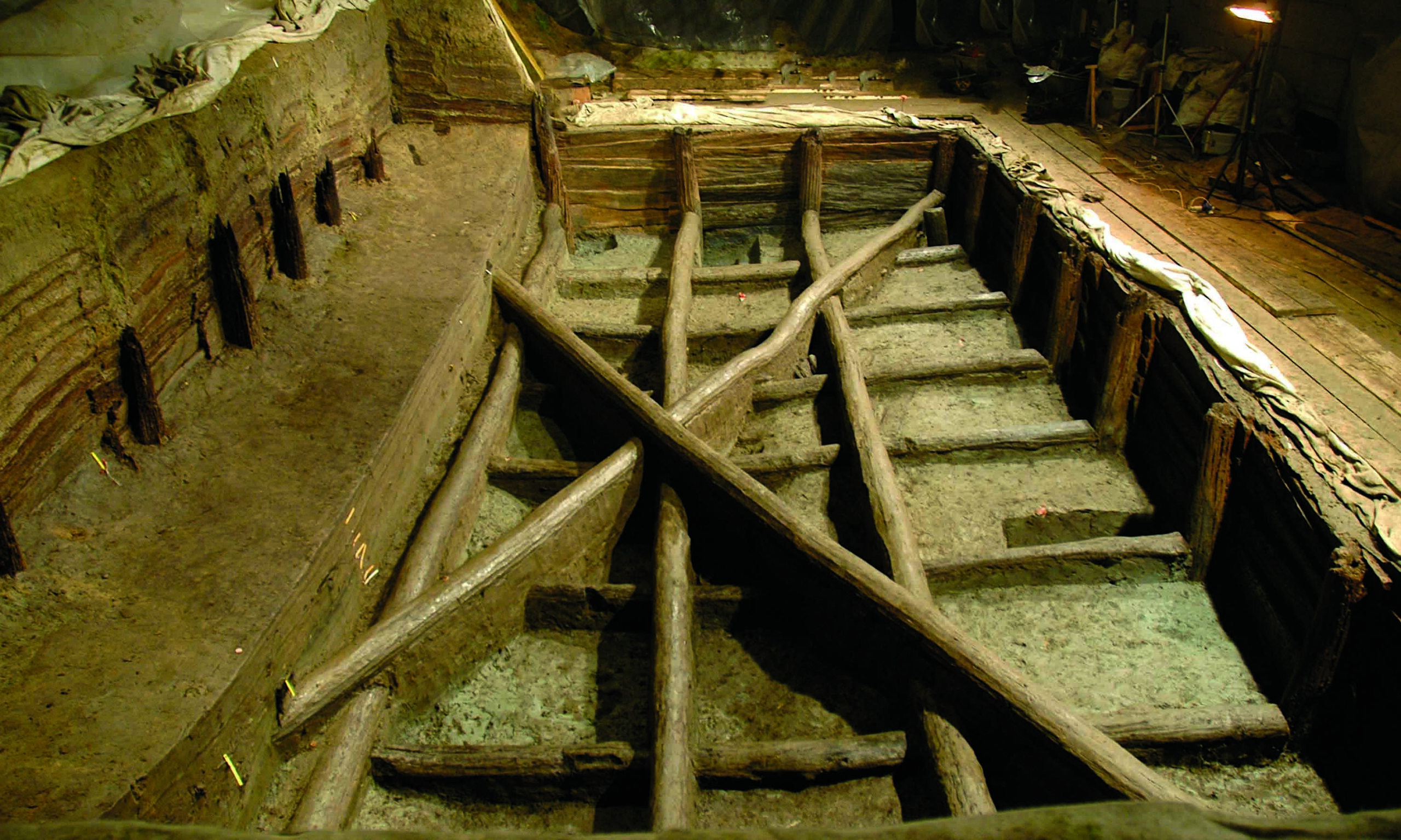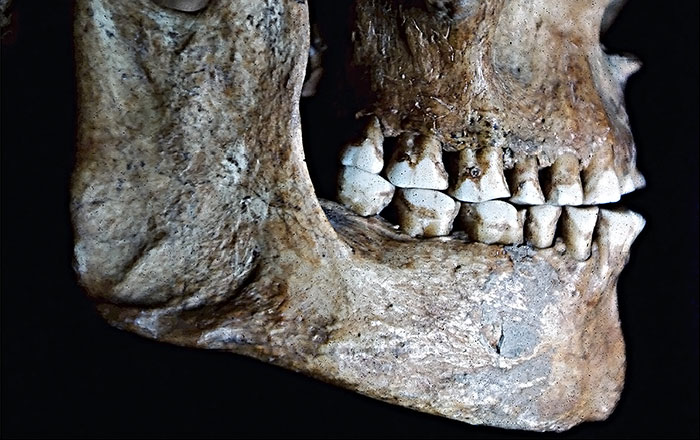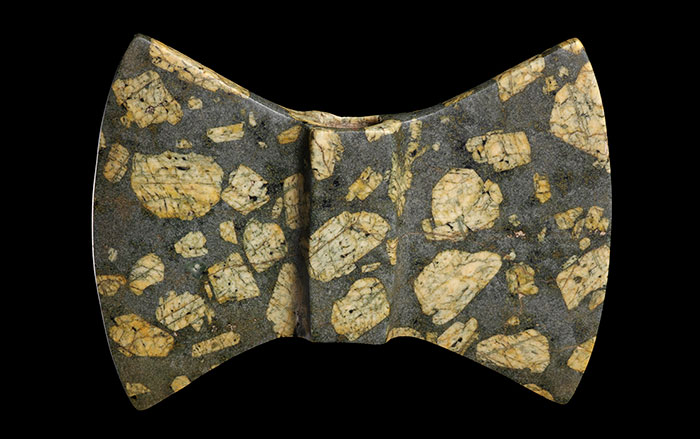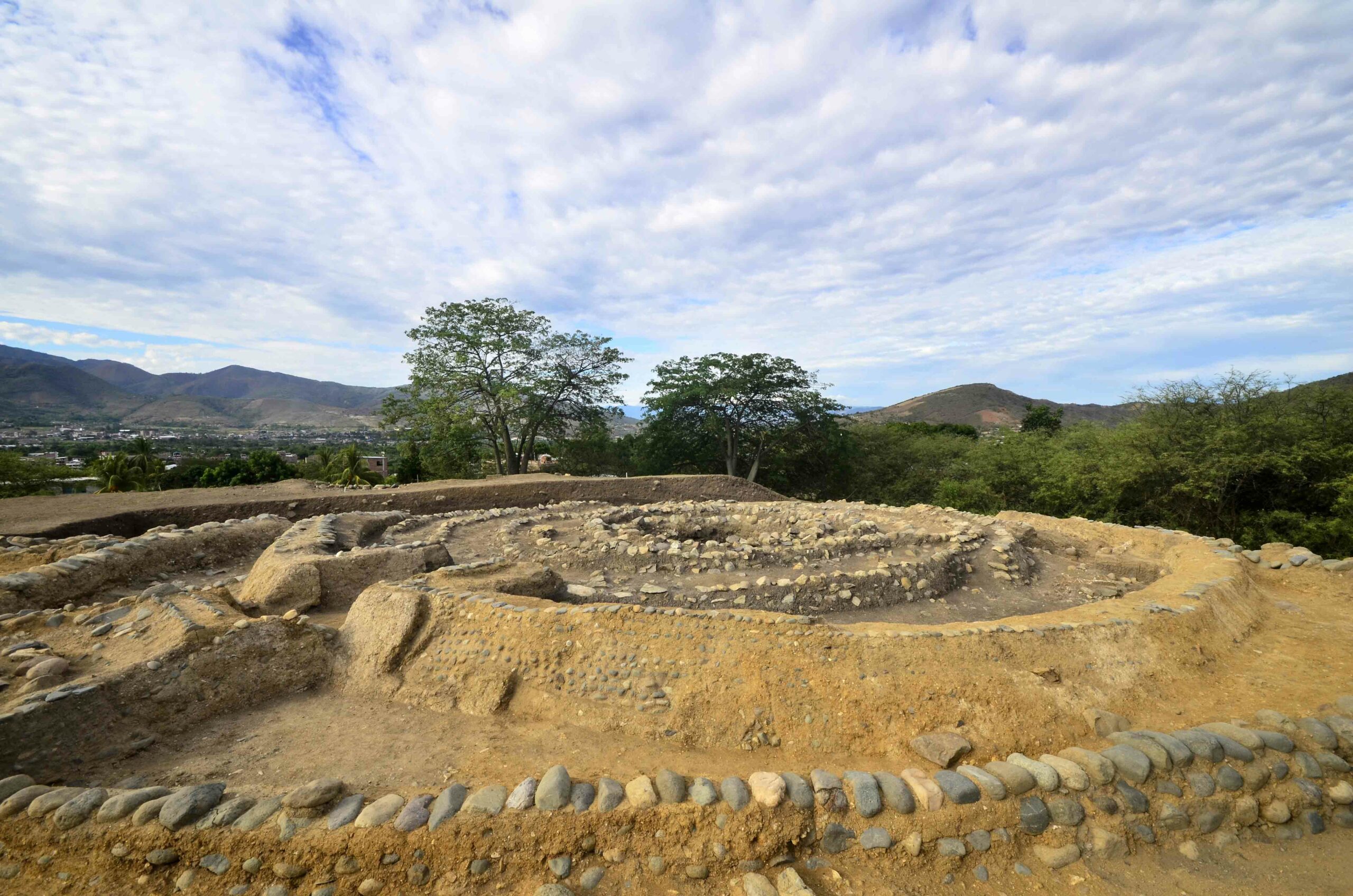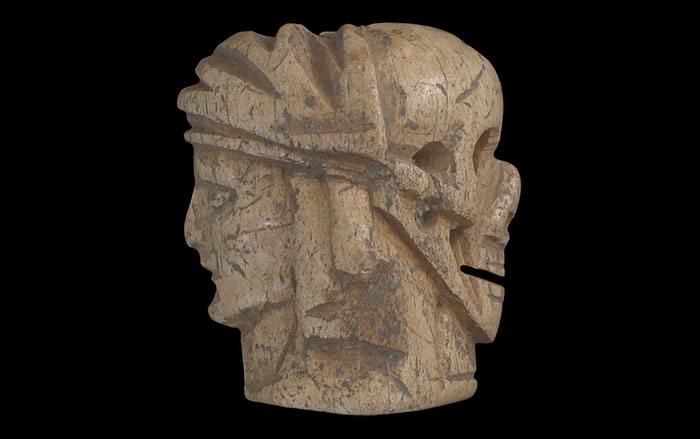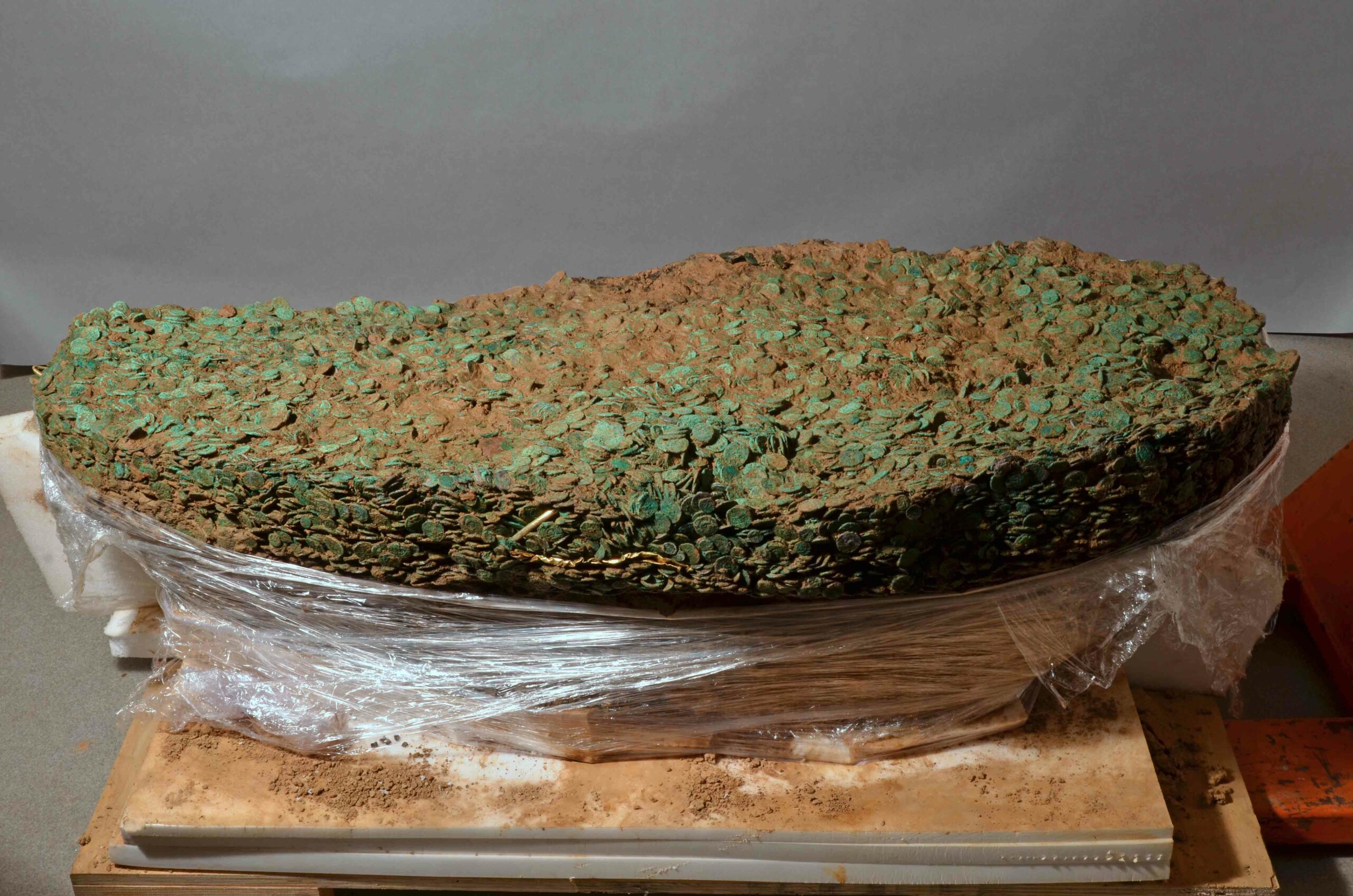
TÜBINGEN, GERMANY—Early farmers in Mexico are thought to have domesticated the maize plant some 4,000 years ago. According to a report in Nature News, the practice of growing maize then spread north into the southwest United States, but the evidence suggests the plant wasn’t grown in high-altitude regions for another 2,000 years. Researchers led by Kelly Swarts of the Max Planck Institute for Developmental Biology examined genomes obtained from 2,000-year-old maize cobs unearthed in a high-altitude cave in Utah, and compared them to the genomes and physical traits of modern corn plants. The study indicates it may have taken 2,000 years for early farmers to hit upon the right combination of natural variations occurring in the plants for successful crop growth in the uplands, such as a shorter, bushier shape with more branches than modern plants. The ancient, high-altitude plants are also thought to have had a shorter growing season than plants grown at lower elevations. “It’s really promising for maize’s future that it has so much standing variation—assuming we can conserve that diversity,” Swarts said. “If we needed to do this, it wouldn’t take 2,000 years. We could do it a lot faster now.” For more, go to “How Grass Became Maize.”



